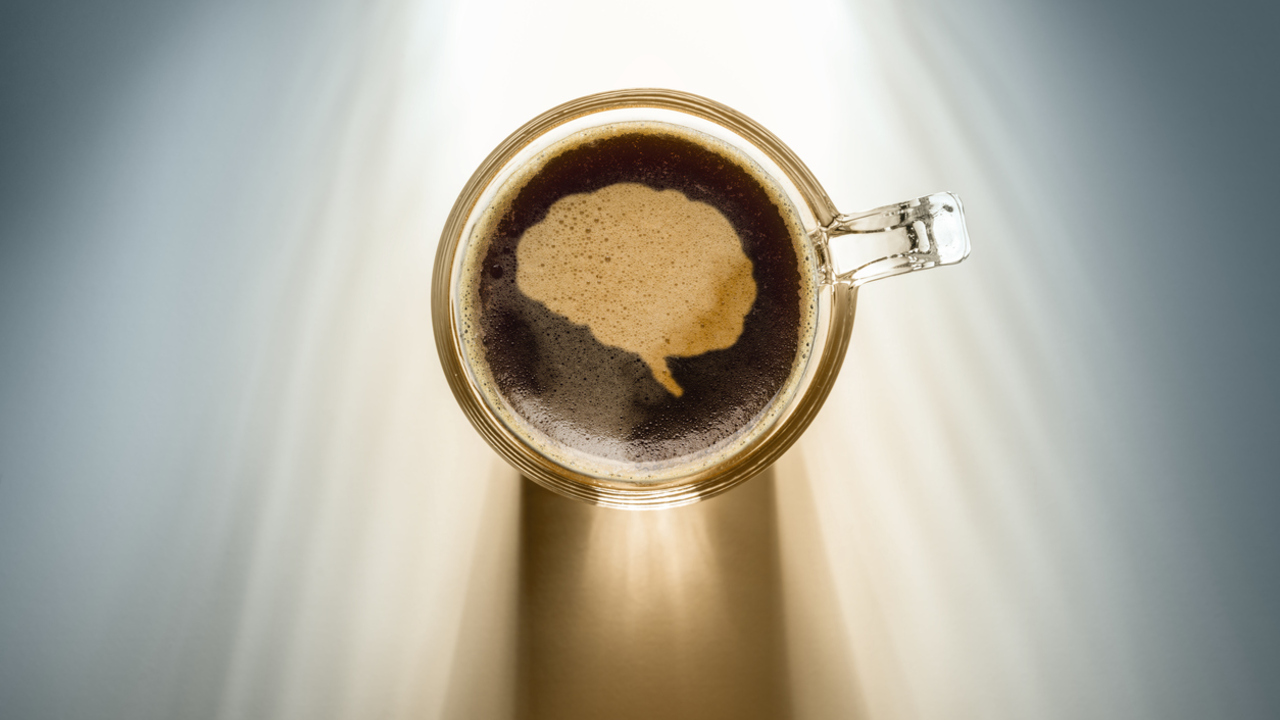To put it bluntly, caffeine is a drug. Like many drugs, it is beneficial in the right dose.
Studies show that drinking a few cups of coffee or tea a day can help protect against diabetes and some types of cancer. If you don’t overdo it, you’ll be more alert and your mood will improve. But if you drink too much, you’ll become restless, start to shake, and have trouble sleeping.
According to the U.S. Food and Drug Administration and the European Food Safety Authority, 400 mg of caffeine per day (about two to three cups of filter coffee) is unlikely to cause problems in healthy adults.
To prevent caffeine from affecting your sleep, it is important to stop taking it at a certain time. According to one scientific report, you should have your last cup of tea or coffee 8 hours and 48 minutes before going to bed. However, if you are taking a pre-workout caffeine supplement, you should take it no later than 13 hours and 12 minutes before going to bed.
But the problem is that some of us are more sensitive to caffeine than others. The length of time it stays in the body also varies. The half-life of this substance in an adult is 3-7 hours.
A study led by Cornelis and published in Scientific Reports shows that the version of the CYP1A2 gene we have affects the amount of coffee we drink more than our sensitivity to bitter tastes.
People with the fast-metabolizing version of CYP1A2 drink more coffee, and tests show that they have lower levels of caffeine in their blood.
Caffeine is increasingly used as a legal performance enhancer in competitive sports. It is most effective in endurance sports. Caffeine helps with muscle contraction and acts as a pain reliever.
There is also a lot of research that shows that caffeine improves cognitive performance. Doses of up to 300 mg have been shown to help you focus for longer periods of time. Some studies also show that caffeine improves memory in the long term, but the evidence is mixed.
A review published in The New England Journal of Medicine in 2020 stated that regular coffee consumption reduces the risk of heart disease, type 2 diabetes, liver disease and some types of cancer (liver cancer).
News materials are not equivalent to a doctor’s prescription. Consult a specialist before making a decision.
Source: Ferra
I am a professional journalist and content creator with extensive experience writing for news websites. I currently work as an author at Gadget Onus, where I specialize in covering hot news topics. My written pieces have been published on some of the biggest media outlets around the world, including The Guardian and BBC News.










